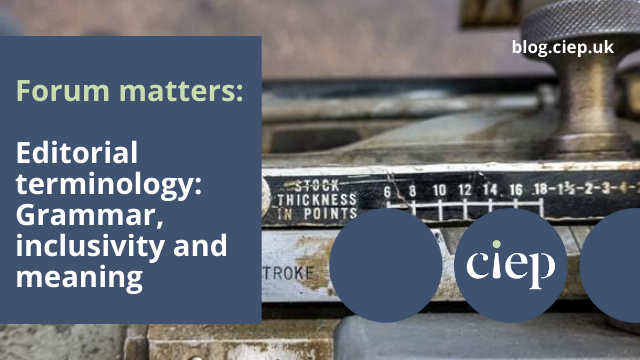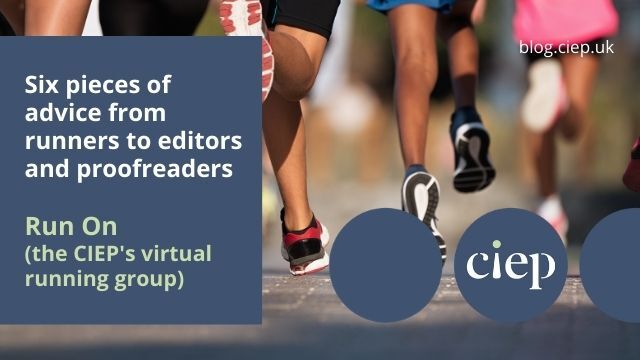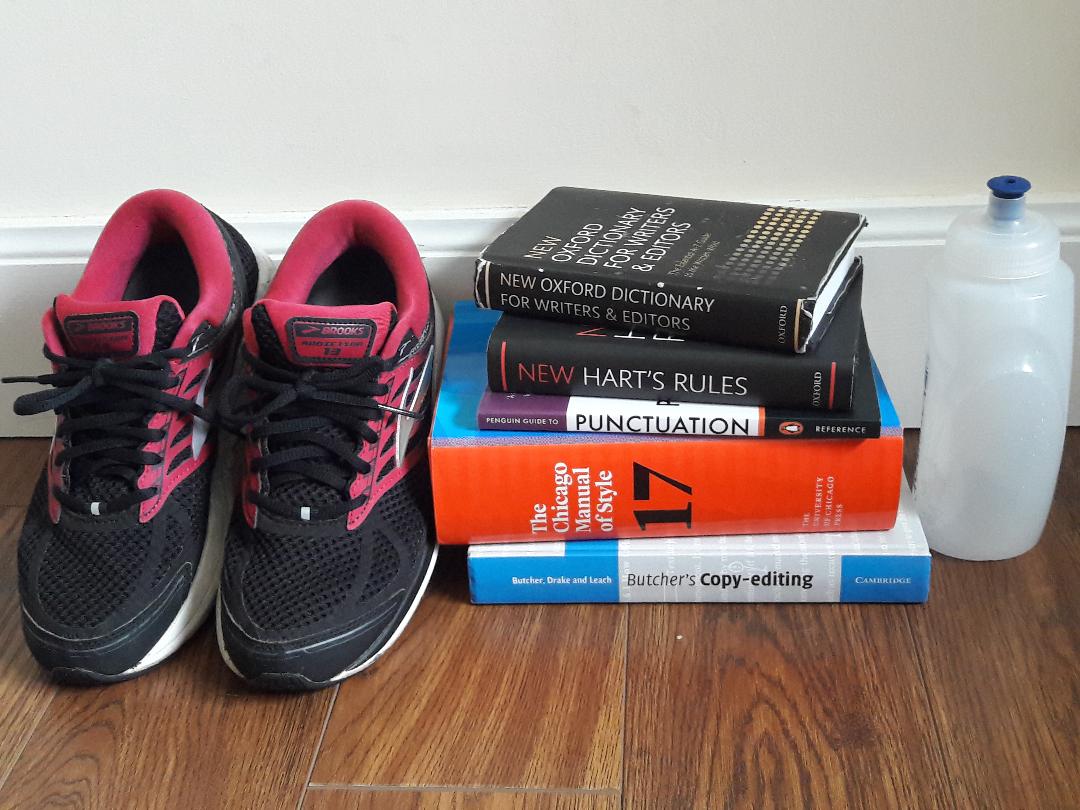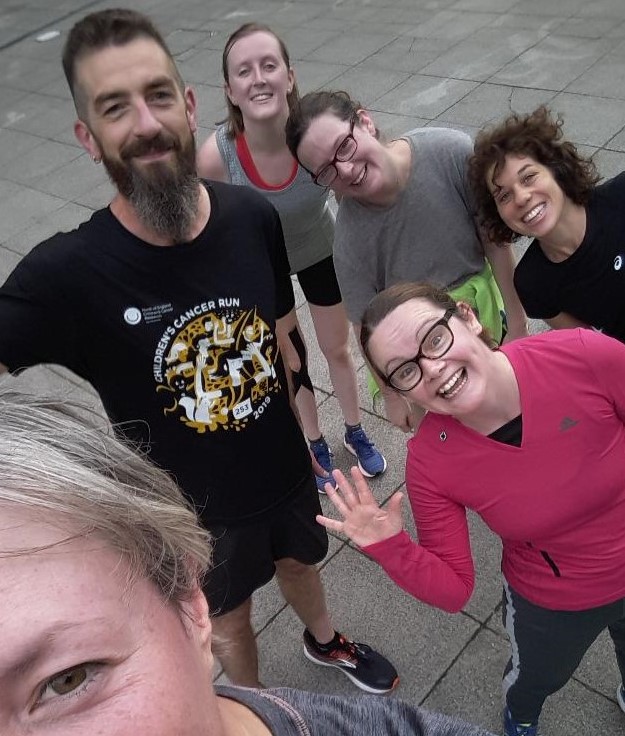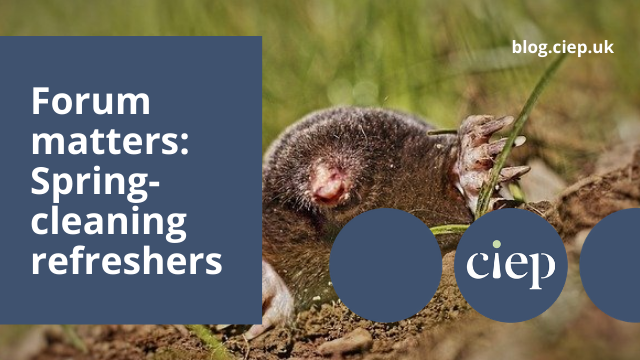We want you to meet our members, so we’ve asked some of them a few questions, and have found out how they started their editing career, and what they love about their work. In this post, Intermediate Member Leona Skene tells all.
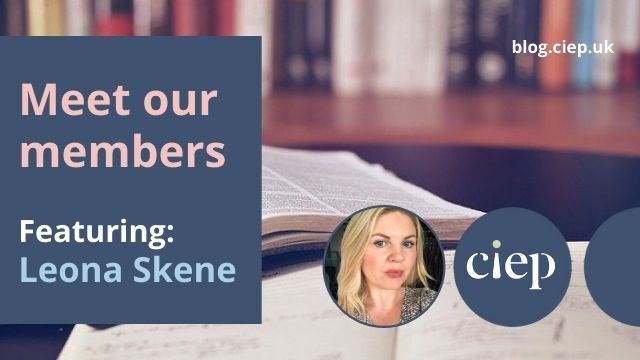 Why did you choose an editorial career, and how did you get into it?
Why did you choose an editorial career, and how did you get into it?
I’ve always known that I wanted to work with words and language. As a child, I was an enthusiastic reader, and I chose to study English & Scottish literature at university. I then went on to gain a certificate in Creative Writing.
It became apparent that I wasn’t ever going to become a famous novelist, and so I went on to work in unrelated fields for a number of years. After a career break to have my children, I realised that my strengths actually lay in editing and polishing other people’s work, not in creating my own.
I undertook training with the CIEP (then SfEP) in 2015. I then worked on ad hoc freelance projects, along with a regular gig as sub-editor of an events magazine, until January 2021, when I launched my own business, Intuitive Editing.
What training have you done to get your editorial career up and running?
I completed the CIEP’s Proofreading 1 and Copyediting 1 courses, and I’ve attended several useful webinars through ACES: The Society for Editing. I’m committed to further CPD through the CIEP: I completed Word for Practical Editing earlier this year, and am looking at Efficient Editing: Strategies and Tactics as my next step.
What work are you most proud of?
I take pride in all my editorial jobs, but I’ve worked on a few projects where I’ve been able to give specific advice on the Scots language, along with Scottish culture and identity. I do feel really proud of that.
 What do you do if you’re struggling on a job?
What do you do if you’re struggling on a job?
I usually step back, have a bit of a breather, and try to regain perspective. I often ask for advice from colleagues in the Editors of Earth Facebook group; they’re a great bunch, with many CIEP members involved. And the editing community on Twitter is very helpful.
What does being a member of the CIEP mean to you?
Being a CIEP member is immensely important to me. Becoming a freelancer essentially means you’ve magicked up a career for yourself out of thin air – this can be wonderful, but the flip side is that it’s easy to let imposter syndrome get the better of you. There’s no line manager to provide feedback; nobody to tell you if your decisions are good ones or bad. The CIEP provides that all-important backbone of training, support and professional accreditation. I couldn’t have started my business without that.
Which editorial tasks do you enjoy the most, and why?
I love doing the first pass of an editorial job: getting the feel of the text, absorbing the author’s voice, making notes of any immediate issues that jump out. There’s a little thrill in entering the ‘world’ of a book for the first time and seeing the difference you can make to it.
Do you have any editorial pet hates?
Comma splices. My editing style is quite relaxed, but there’s something about those cheeky little baddies that rubs me up the wrong way. All comma splices are annihilated with extreme prejudice.
What has most surprised you about your editorial career?
The variety. As a relatively new editor, I’m still in the process of finding my niche and deciding which area to specialise in. I’ve been lucky enough to work on historical fiction, children’s fiction and YA, sci-fi and fantasy, and creative non-fiction. I’ve learned so much along the way, and I’m still learning!
What’s the best career advice you’ve received?
‘Under-promise and over-deliver.’ Don’t promise the world; be conservative and realistic about the service you can provide within a specific timeframe. It’s quite likely that you’ll deliver the project a little earlier than stated, which is always a nice thing for the client.
What advice do you have for people starting out on an editorial career?
I’d say that professional training is a must. It’s great to have a natural talent for spotting typos, but there’s stuff you just won’t learn unless you study it properly. Or possibly you will learn it, but it’ll take much longer.
I would recommend looking at the CIEP’s course directory or that of another recognised provider, such as the PTC. If you’re not at the stage where you want to commit to training, it’s worth joining a few Facebook or other social media-based editing groups – these can give you a general feel for the type of work editors do on a day-to-day basis. Another fantastic resource for newbie editors is Louise Harnby’s website – Louise has loads of information and how-to guides for both editors and writers.
Do you ever stop editing?
Absolutely never. I’m editing in my sleep at this point!
Finally, tell us one thing about you not related to editing
I lived in Italy for two years, and although my spoken Italian is now woeful, I still have strong feelings about pasta, pizza and the proper time of day to order a cappuccino. It’s a morning drink!
Want to meet more of our members? Head over to the Meet our members page.
 About the CIEP
About the CIEP
The Chartered Institute of Editing and Proofreading (CIEP) is a non-profit body promoting excellence in English language editing. We set and demonstrate editorial standards, and we are a community, training hub and support network for editorial professionals – the people who work to make text accurate, clear and fit for purpose.
Find out more about:
Photo credits: open books by lil_foot_; Scotland by bummelhummel; cappuccino by gadost0, all on Pixabay.
Posted by Abi Saffrey, CIEP blog coordinator.
The views expressed here do not necessarily reflect those of the CIEP.






